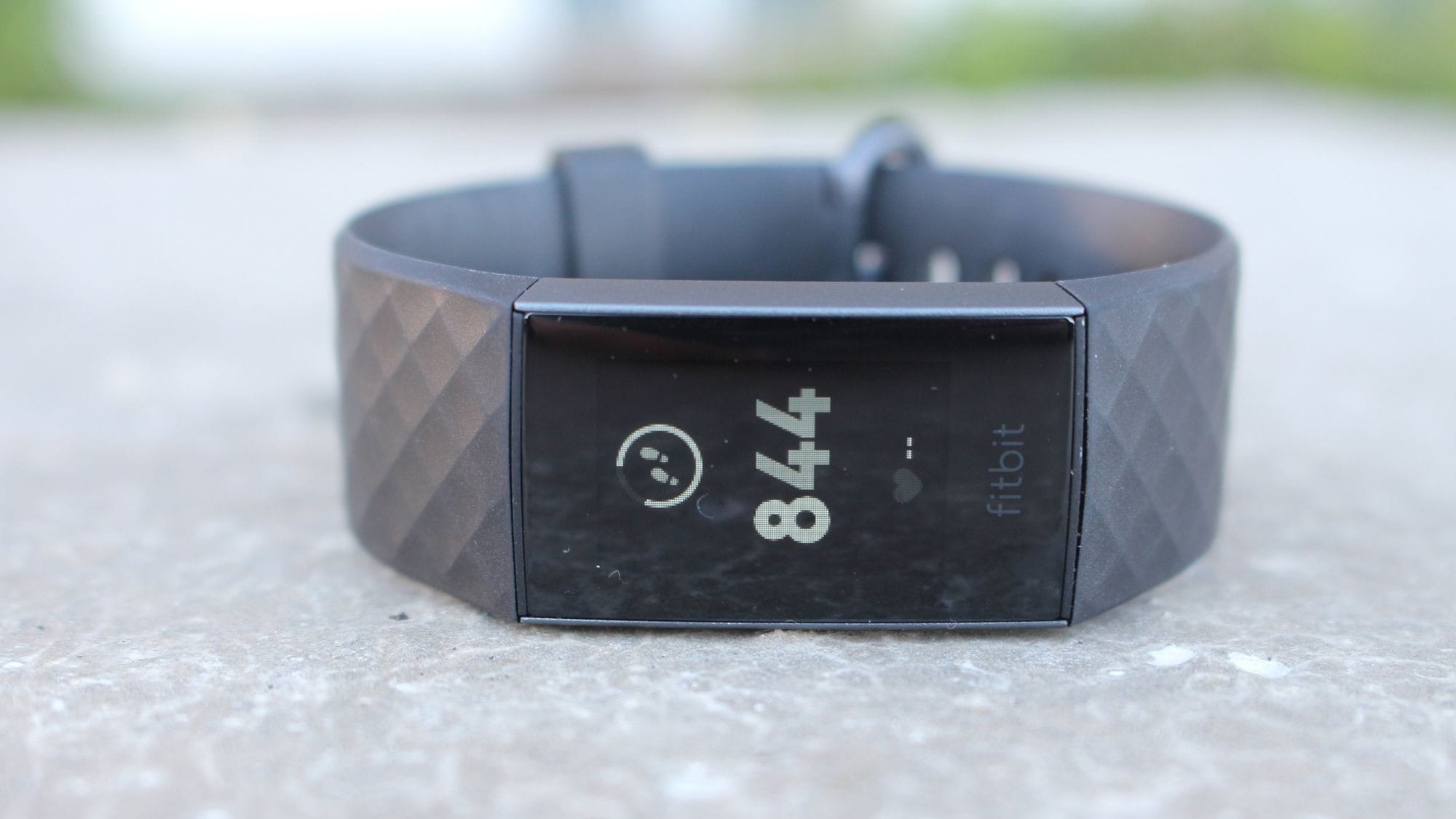Why I quit Fitbit (and why you should too)
After six years of wearing a Fitbit every day, I took the strap off for the final time. Here’s why you should quit Fitbit too.

I bought my first Fitbit One on the 30th of October 2013. At the time, I was excited by the idea of the quantified self, tracking aspects of our lives to try and get useful information from the data.
The 30th October 2019 was my last day wearing a Fitbit, and I unstrapped my Versa smartwatch for good. So, why did I do it?
1. Valuable Fitbit data, trapped
Especially at the beginning, it was easy to imagine Fitbit as a company who genuinely wanted to help you lead a healthier, more active life. Tracking elements of our lives is only helpful if we can compare it to other areas. For example, how does the variation in your daily steps impact your weight?
This sounds like it would be easy enough to compare, but Fitbit locks the data away from you. It is only accessible within the Fitbit app and ecosystem. If you bought one of their smart scales, you could see this trend. But outside of that, you were out of luck. Once Fitbit added heart rate tracking to their devices, this became even more troubling.
Although Apple has a similar problem, its Apple Watch is a fantastic example of the power of health data. They can detect when you are about to have a heart issue and call the emergency services for you. While you could never get that with a Fitbit, combining data from multiple sources is far more effective than viewing them in isolation.
2. Fitbit privacy
As Fitbit transformed from a small startup into a household name, they struggled to find a business model. The devices were cheap, and, for the most part, once you had one, you didn't need another. The company launched an in-app subscription training program, but it never really took off.
A few years ago, it became clear the new direction Fitbit was taking. They began selling devices to workplaces to monitor their employees. Not only could the management track what you did throughout the day, but they could also punish or reward you based on your data.
For most people, this is a nightmarish scenario. Then, it got even worse when Fitbit began designing trackers specifically for that market, and for insurance companies. Health insurers have started offering discounted rates to those people who hit their Fitbit activity goals, and, again, punishing those who don't.
As with many online businesses, you also give Fitbit all of your data. This translates into a lot of information about your life. They know when you sleep, when you go out of the house, how active you are, your age, your weight, and, if you use their smartwatches, even your location.
As their business model pivoted to morally dubious territory, could you really trust them with your private data? Then, in October 2019, Google purchased Fitbit. Google, alongside Facebook, is one of the most invasive companies in the world. They already have a lot of data on you, and it doesn't seem right to give them your Fitbit records too.
Now, some of this may not be a problem, just a concern. But, the data isn't yours, and can't be translated into anything useful as they lock it into the Fitbit ecosystem. So, where's the benefit for these privacy invasions?
3. Fitbit alternatives
Fitbit had first-mover advantage. They became a household name because they were the first. But they aren't the only choice anymore. Smartwatches have most of the same functionality and more features too. They are more expensive, and only two platforms are really available; the Apple Watch, and Google's Wear OS. This creates another set of concerns, but at least these devices are arguably more useful.
If you're after a Fitbit alternative, there are many on the market. Just as GoPro has become the generic name for an action camera, so has Fitbit for pedometers. Pedometers that can sync to your smartphone are now ubiquitous; you can even purchase one at the petrol station.
Sadly, Fitbit acquired, and then closed, the only exciting smartwatch manufacturer, Pebble. The acquisition was mostly to get access to Pebble's vast array of smartwatch-related patents. Interestingly, that is also likely one of the reasons that Google purchased Fitbit — to get access to those same patents.
4. Do you really need a Fitbit?
I wore a Fitbit every day for six years. Although some days are outliers, most of us have a lot of routine in our lives. We get up, go to work, and relax at the weekend. After six years of monitoring how many steps I do in an average day, I now know roughly what I need to do to achieve my 10,000 steps, rendering the Fitbit pointless.
On that note, who says I had to do 10,000 steps per day anyway? As I found when researching how many steps to take a day for Fit&Well, the 10,000 steps goal has its origins in a 1965 Japanese marketing campaign.
Activity is good for our health and wellbeing, but there is no evidence that getting a goal to walk 10,000 steps each day is of any specific benefit.
Saying goodbye to Fitbit
The six years I spent with Fitbit were enjoyable and even fun. I walked more than I could ever have imagined, and it gave me the motivation to get out of the house when I needed it most.
Talking to family about Fitbit, comparing goals, taunting each other in the Fitbit app if we had overtaken one another in the leaderboard — this stuff was fun.
But, the lack of data portability, privacy issues, and the alternatives now available have meant that I no longer need Fitbit. I'll always treasure the time we spent together, but as with all things, it's now time to move on.

